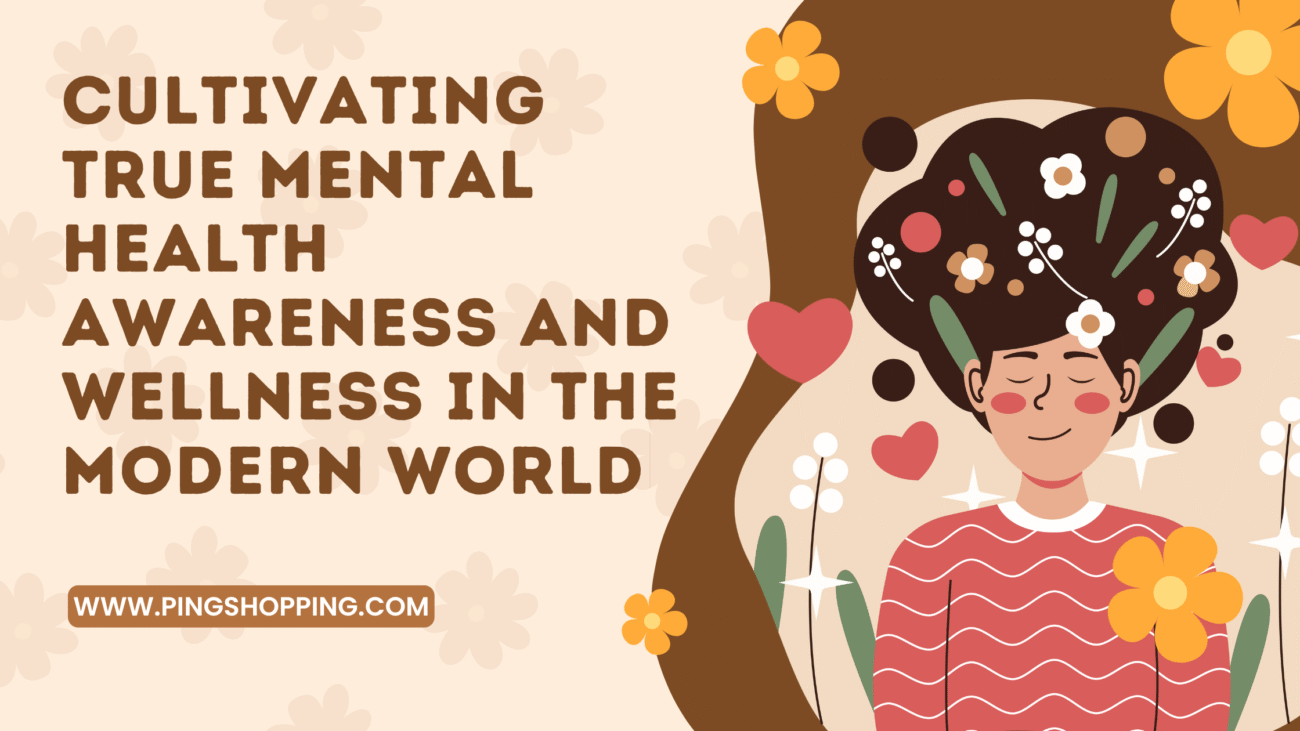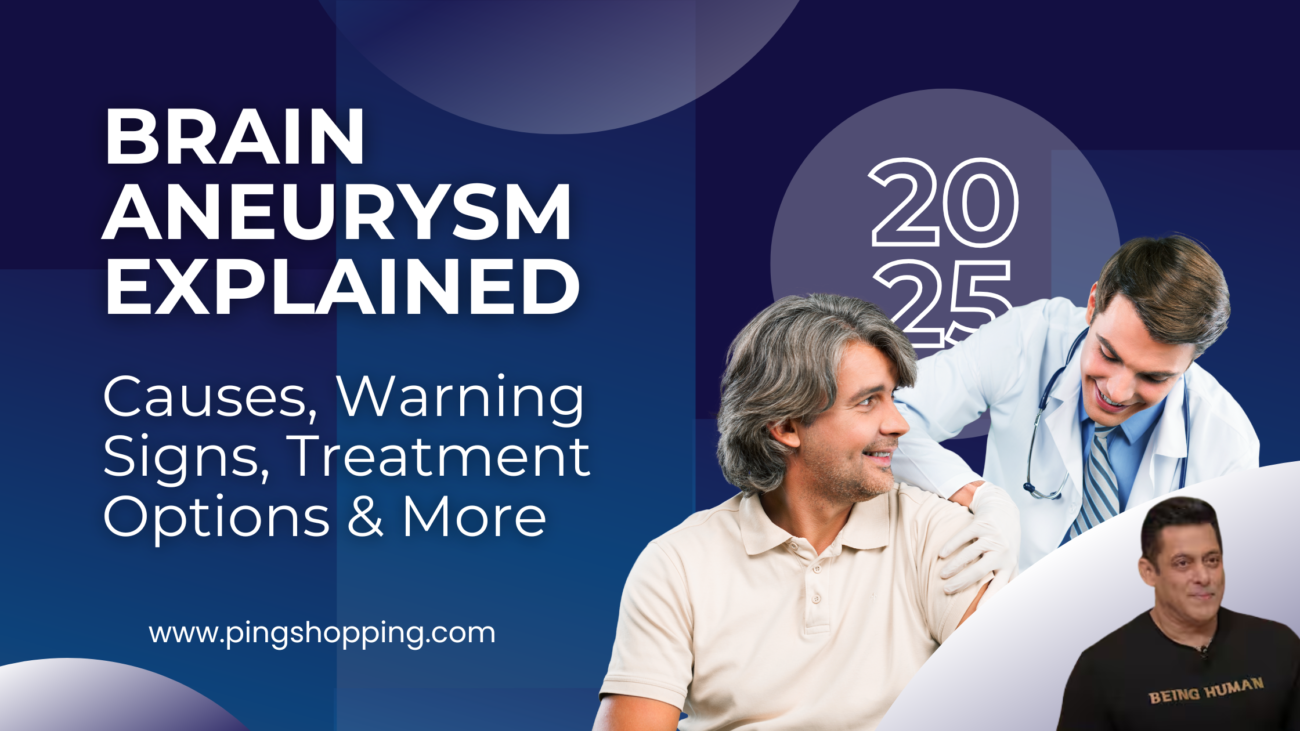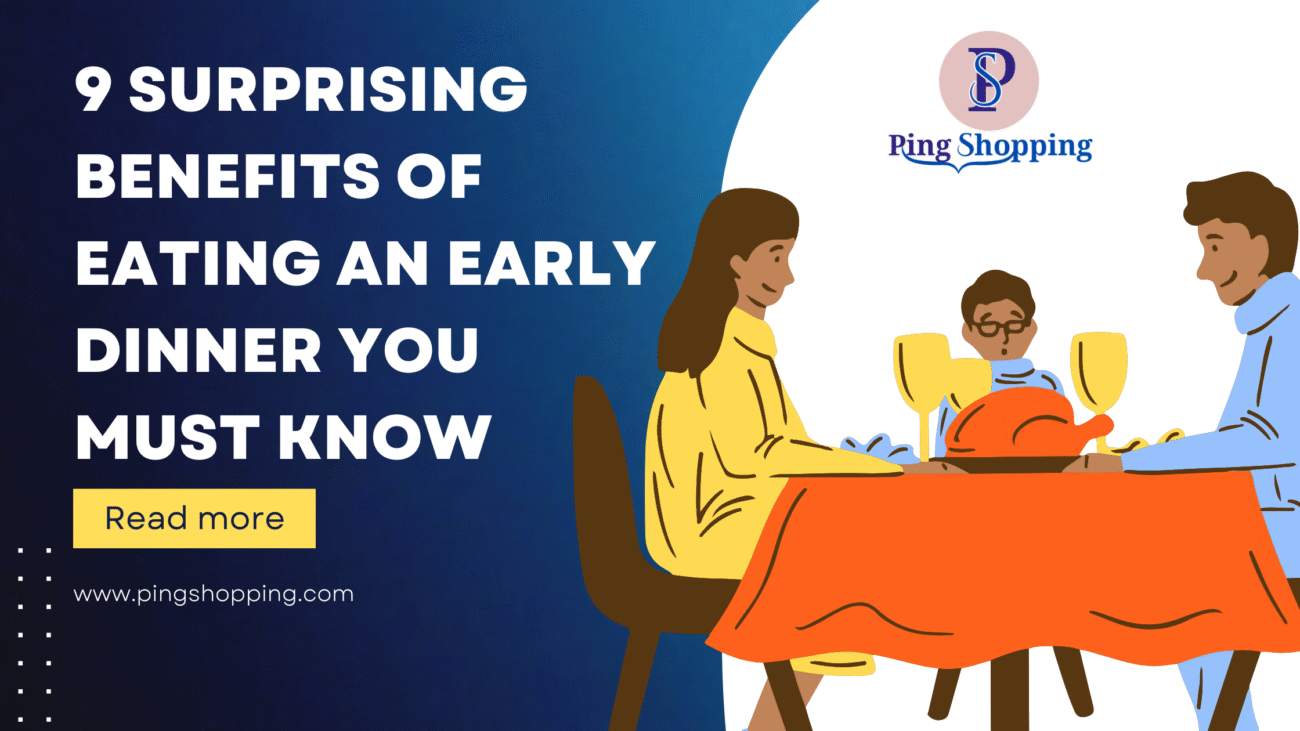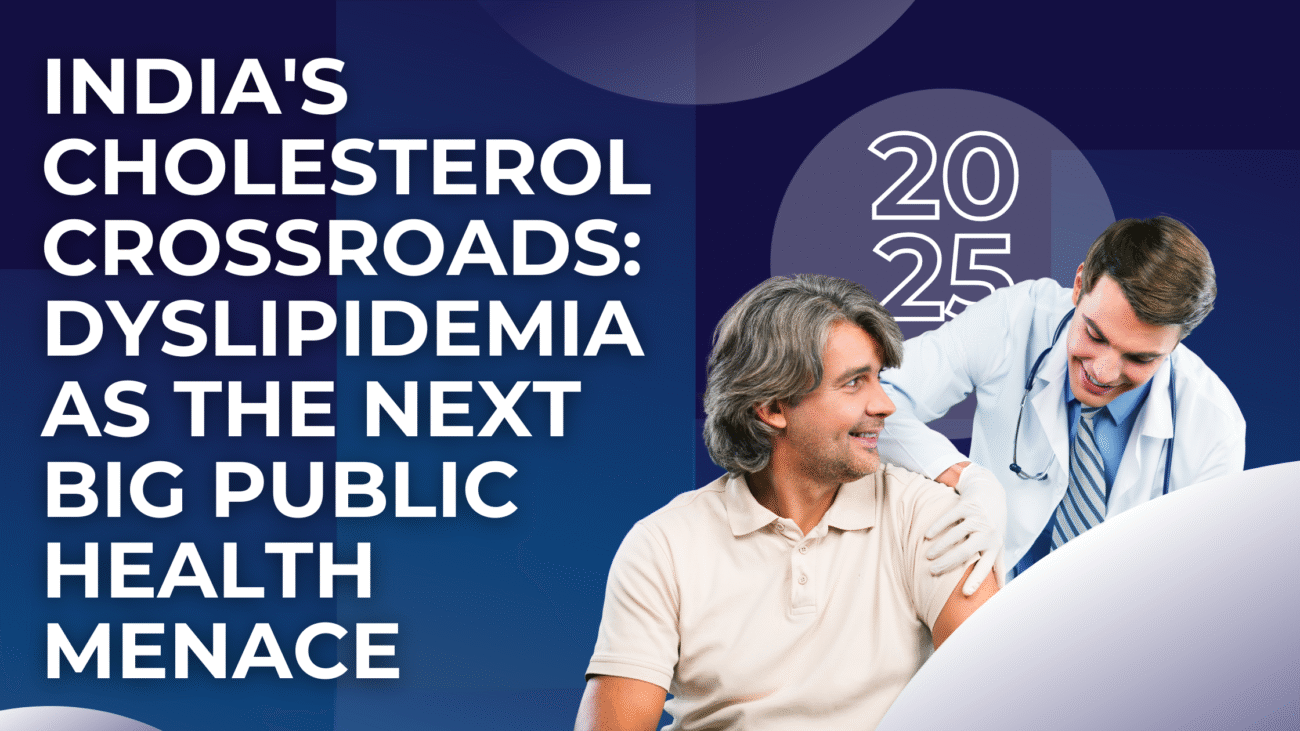Key Takeaways:
• Good mental health is active resilience, purpose, and connection—not just the absence of illness 110.
• Early intervention for teens can prevent 75% of chronic mental health conditions later in life 1114.
• Mental Health First Aid trains you to spot and support a crisis—a skill as vital as CPR 715.
• 5 transformative books offer science-backed tools for healing trauma, anxiety, and self-doubt 4.
Introduction: The Silent Epidemic We Can No Longer Ignore
One in eight people globally lives with a mental disorder—that’s 970 million souls navigating anxiety, depression, or trauma daily, 14. Yet, silence still shrouds this crisis. As rates surge post-pandemic (depression alone rose 28% in 2020), understanding mental health shifts from “important” to non-negotiable 14. This isn’t about abstract awareness—it’s about actionable resilience.
What Is Good Mental Health? (And How to Measure Yours)
Contrary to popular belief, mental wellness isn’t perpetual happiness. According to the WHO, it’s a state where you:
- Cope with daily stresses
- Work productively using your talents
- Contribute meaningfully to your community 12
Your checklist:
✓ Resilience in storms: Bouncing back after setbacks without collapse 1.
✓ Emotional balance: Feeling sadness or anger without drowning in it. 10.
✓ Presence: Engaging fully in relationships and activities (“internal weather” isn’t perpetually stormy) 10.
✓ Self-compassion: Quieting the inner critic with kindness 1.
Daily habits that build mental fitness (The “Big Five”) 1:
| Habit | Examples | Impact |
|---|---|---|
| Meaningful Activities | Gardening, music, and cooking | Boosts joy & accomplishment |
| Healthy Thinking | Challenging negative self-talk | Reduces anxiety loops |
| Goal Setting | Learning a skill, fitness targets | Creates forward momentum |
| Healthy Routine | Consistent sleep/eating schedules | Stabilizes mood swings |
| Social Connection | Weekly friend meetups, volunteering | Lowers isolation risk |
Why Mental Health is the Bedrock of Human Potential
Your mind isn’t a separate entity—it’s the control center for everything. Consider:
- Physical health: Chronic stress increases heart disease risk by 40% 6.
- Work performance: Employees with depression lose 27 work days/year to presenteeism, 15.
- Relationships: Unmanaged anxiety erodes trust and communication 5.
As the Mental Health Foundation notes, “When our mental health suffers, life feels like wading through tar. Simple tasks become Herculean” 10. Investing in it isn’t self-indulgence—it’s societal fuel.
- Relationships: Unmanaged anxiety erodes trust and communication 5.
Generation Resilience: Why Teens Are at Ground Zero
Staggering stats: 50% of teens experience a mental health disorder—yet 70% go untreated 1114. Why this crisis?
- Digital overload: Social media’s “compare-and-despair” cycle rewires developing brains 4.
- Academic pressure: 32% report paralyzing anxiety over grades/future 11.
- Identity storms: Brain development + hormonal shifts = emotional vulnerability 11.
Critical signs your teen needs support 511:
- Withdrawing from friends or hobbies
- Drastic sleep/appetite changes
- Self-harm marks (cuts, burns)
- “I wish I weren’t here” statements
Hope note: Early therapy teaches teens lifelong coping skills, reducing later disorder severity by 60% 11. Resources like headspace (1800 650 890) offer youth-specific counseling 1.
Bibliotherapy: 5 Life-Changing Mental Health Books
Literature can be a lifeline. Based on Amazon’s bestsellers and clinical impact, these rise above:
The Body Keeps the Score: Brain, Mind, and Body in the Healing of Trauma
Why read: Learn how your brain and body are connected, and the journey to healing trauma is so easy
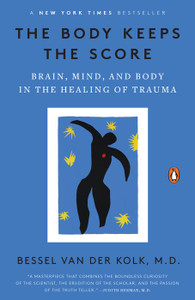
- Buy it on Amazon.com (USA)
- Buy it on Amazon.in (India)
The Anxious Generation by Jonathan Haidt

Why read: Documents how smartphones hijack teen brains. Offers screen-time boundaries that restore attention spans 4
Amazon.com US
Amazon.in India
Cleaning Up Your Mental Mess by Dr. Caroline Leaf

Why read: 5-step neurocycle plan to break toxic thinking patterns. Science-backed cognitive restructuring
- Amazon.com US
- Amazon.in India
Set Boundaries, Find Peace by Nedra Glover Tawwab

Why read: Practical scripts for saying “no” without guilt. Heals burnout from over-giving 4.
- Amazon.com US
- Amazon.in Inidia
The Courage to Be Disliked by Ichiro Kishimi

Why read: Adlerian psychology-based dialogue about freeing yourself from others’ expectations. Liberating for people-pleasers
- Amazon.com US
- Amazon.in India
When to Consult a Mental Health Counsellor: Your No-Guilt Guide
Therapy isn’t for “broken” people—it’s for anyone facing a challenge. Seek support if you:
- Feel persistently overwhelmed or tearful 5
- Avoid friends or activities you once loved 5
- Use substances to numb pain (alcohol, pills, binge eating) 6
- Have trauma flashbacks or panic attacks 5
What to expect:
- First sessions: Assessment of your history/goals (no couch required!)
- Evidence-based tools: CBT for anxiety, DBT for emotional regulation
- Confidentiality: Legally protected space to unpack struggles 56
“Therapy gave me coping tools I use daily—like recognizing anxiety lies before they spiral. Best investment I ever made.” — Priory Group client 5
Decoding 5 Common Mental Health Disorders
Knowledge disarms stigma. Key disorders, simplified:
| Disorder | Key Symptoms | Evidence-Based Treatments |
|---|---|---|
| Depression | Hopelessness, fatigue, loss of pleasure | CBT therapy, SSRIs, and exercise |
| Anxiety | Racing thoughts, panic attacks, avoidance | Exposure therapy, mindfulness |
| Bipolar | Manic energy crashes into depressive lows | Mood stabilizers, routine charts |
| PTSD | Flashbacks, hypervigilance, nightmares | EMDR, trauma-focused CBT |
| Schizophrenia | Hallucinations, disorganized speech | Antipsychotics, family therapy |
| Sources: 614 |
Mental Health First Aid: Why It’s the Skill of Our Era
Just as CPR saves hearts, MHFA saves minds. This evidence-based training teaches you to:
- Spot red flags: Withdrawal, agitation, reckless behavior 7
- Listen non-judgmentally: “I’m here with you” > “Cheer up!” 15
- Guide to help: Connect to hotlines (UAE: 800-HOPE) or professionals 15.
Impact: Dubai’s LightHouse Arabia trained 8,000+ residents, slashing workplace burnout by 43% in participating firms 15.
The Mental Health Act: Your Legal Right to Care
While specifics vary by country, most Mental Health Acts share core principles:
- Access: Right to affordable treatment (e.g., UK’s NHS parity laws)
- Dignity: Ban on abusive institutional practices
- Autonomy: Supported decision-making where possible 6
Check your local laws: Many GCC nations now mandate mental health coverage in insurance.
- Autonomy: Supported decision-making where possible 6
Conclusion: Your Next Step Toward a Lighter Mind
Mental wellness isn’t a destination—it’s a daily practice. Start small:
🌱 Today: Text a friend gratitude (social connection 1).
🌱 This week: Read 20 pages of The Body Keeps the Score.
🌱 This month: Take a Mental Health First Aid course.
If you remember nothing else: Struggle isn’t failure—it’s data. Listen to it, act early, and lean on professionals without shame. As the WHO urges, transforming mental health requires “reshaping environments from homes to workplaces” 2. Let’s begin.
Need immediate support?
- International hotlines: Find local numbers at Befrienders.org
- Dubai resources: Lighthouse Arabia (04 380 2088) or 800-HOPE
- Free tools: MindSpot’s Big Five self-assessment
Why are teens at higher risk for mental health issues?
What are some common mental health disorders?
Depression – persistent sadness and loss of interest
Anxiety – excessive worry and panic symptoms
PTSD – trauma-related distress
Bipolar disorder – mood swings between highs and lows
Early understanding and treatment improve quality of life.
How can I support someone with mental health challenges?
✔ Listening without judgment
✔ Encouraging them to seek professional help
✔ Offering emotional support and validation
✔ Sharing resources for counseling and helplines
Supportive environments promote recovery and reduce isolation.
What are common signs someone may be struggling with mental health?
Persistent sadness or mood swings
Change in eating or sleeping patterns
Withdrawal from social activities
Difficulty concentrating
These signs can vary based on individual context and experience.

